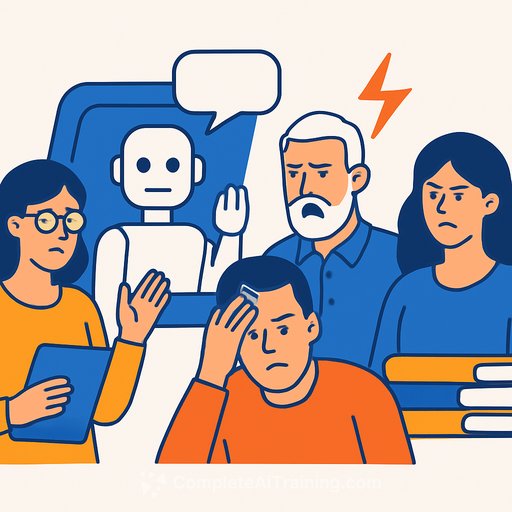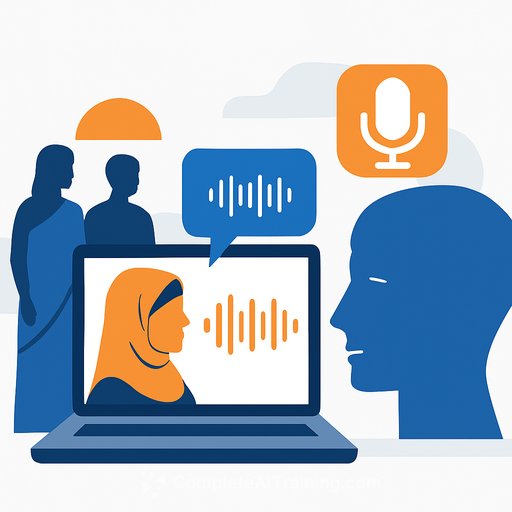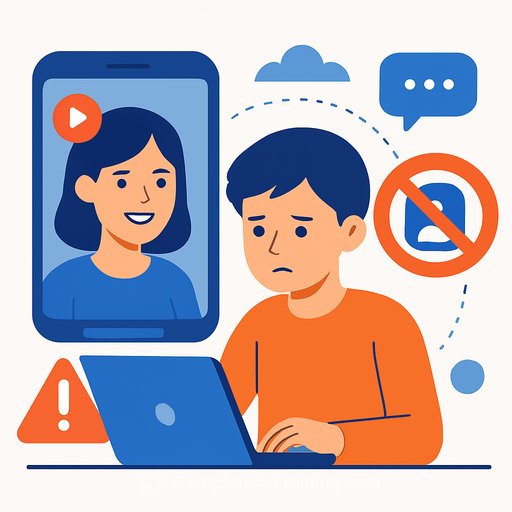Brazil Shuts Down Site Selling AI-Generated Child Abuse Content After Investigative Reporting
On November 24, 2025, Brazil's Advocacy-General of the Union (AGU) confirmed it took down a foreign website accused of selling AI-generated child sexual abuse content. The move followed an extrajudicial notice from the National Prosecutor's Office for the Defense of Democracy (PNDD), citing an investigative report by Núcleo Jornalismo in partnership with the Pulitzer Center's AI Accountability Network.
According to AGU, the company behind the site-based outside Brazil-removed the content after being notified. It's a clear example of how coordinated action and credible reporting can trigger fast, cross-border takedowns.
What the investigation uncovered
The reporting found criminals using open-source AI tools to generate highly realistic abuse images, then share them on Tor-based forums. As AGU put it, offenders manipulated these tools to produce hundreds of images depicting crimes against real children and circulated them on dark web platforms.
The project-AI's Role in Child Exploitation-tracked the issue for 10 months, documenting how generative systems are co-opted to produce illegal material. The series also prompted major platforms, including Meta and the Google Play Store, to remove abusive profiles and apps.
Why this matters for government, platforms, and writers
This case shows how fast notification pathways, evidence-based reporting, and international cooperation can get results. It also highlights gaps in platform enforcement and the need for stronger AI safety controls.
- For government: Formalize rapid takedown channels with foreign hosts. Expand prosecutor and agency capacity to issue extrajudicial notices backed by clear evidence. Coordinate with cybercrime units and child protection NGOs.
- For platforms: Tighten detection for synthetic abuse content. Enforce zero-tolerance policies consistently across apps and storefronts. Audit third-party integrations that could be abused.
- For writers and editors: Cover misuse of AI without linking to harmful material. Verify claims with technical experts. Use precise language that informs the public and avoids sensational detail.
What to watch next
Expect more pressure on hosts and payment processors to cut off services to offenders, even when sites operate offshore. Policy attention will likely focus on model safeguards, traceability of synthetic media, and better cross-border legal tools.
If your work touches policy, compliance, or tech reporting and you need to level up on responsible AI practices, explore role-specific learning paths at Complete AI Training: Courses by Job.
Learn more about Brazil's legal apparatus at the AGU official site, and review platform policy examples like Meta's child safety standards.
Your membership also unlocks:










